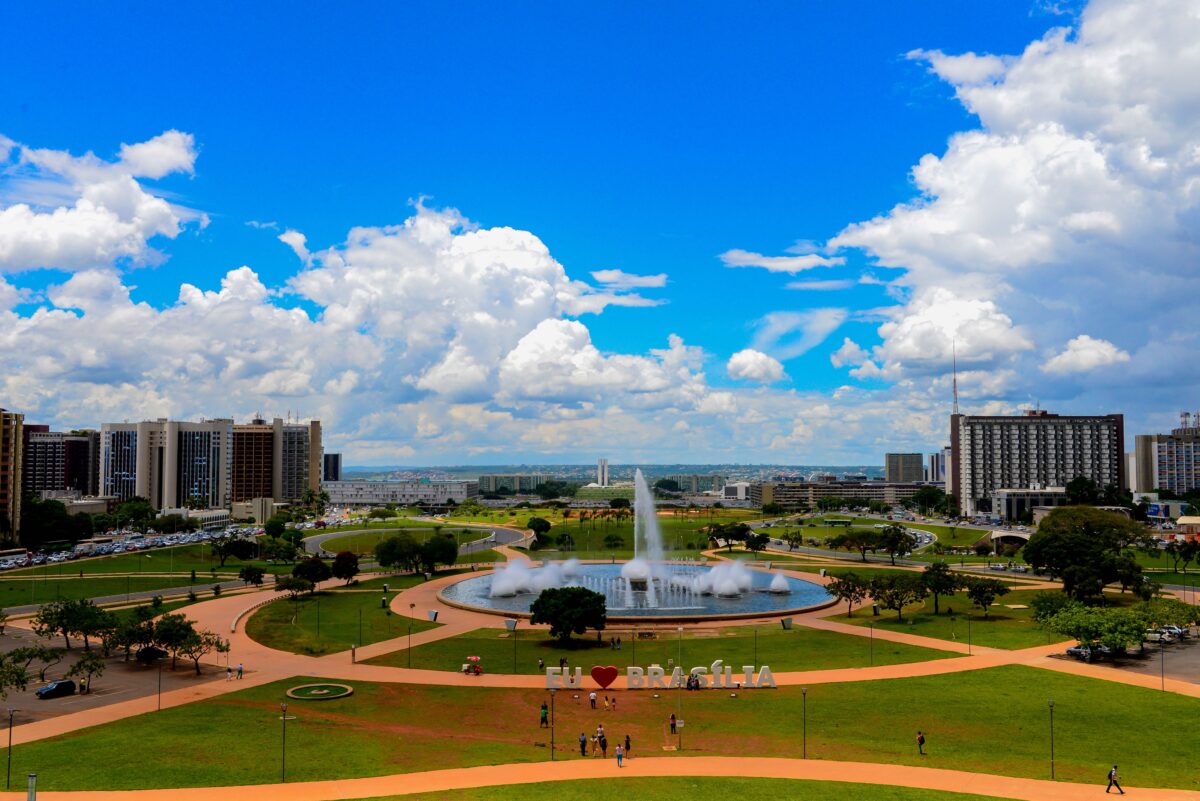Transition climatique au Brésil : initiatives clés du gouvernement de Lula

Transition climatique au Brésil : initiatives clés du gouvernement de Lula
Under the new Brazilian government led by President Luiz Inácio Lula da Silva since January 1, 2023, climate change has been placed at the heart of national concerns. This governmental overhaul, aimed at strengthening Brazil’s environmental policies and international climate leadership, is materializing through innovative cross-cutting initiatives.
A significant milestone is the transformation of the Ministry of the Environment into the Ministry of the Environment and Climate Change, headed by Marina Silva. This cross-functional approach to climate change extends to several ministries, each with specific climate-related remits, from Agriculture to Finance.
At the heart of this transition is the regulation of the carbon market.
On May 24, 2023, the Brazilian National Congress passed a new law (No. 14,590/23) expanding opportunities for the production and trading of carbon credits linked to the sustainable management of public forests by private players, such as concessionaires. This reform impacts certain elements of Law No. 11.284/06, which governs public forest concessions.
This newly adopted legislation allows, in the context of public forest concessions granted to private companies, the transfer of ownership of carbon credits generated in public forests from the grantor (the public authority) to the concessionaire for the duration of the concession. In addition, it grants the right to trade carbon credit certificates and associated environmental services.
The law also includes the right to develop and market carbon credits and environmental services associated with projects carried out in certain types of protected areas. These areas are defined as territorial spaces with relevant natural characteristics, legally instituted by the government in pursuit of conservation objectives, and governed by a special administration regime as defined by Law No. 9.985/00.
These revisions to the Public Forest Concession Act open up significant prospects for unleashing Brazil’s potential as a world leader in the fight against the climate crisis. They encourage the development of the bio-economy and the implementation of nature-based solutions, generating social, environmental and economic benefits. Significantly, these changes could also stimulate efforts by the legislature to finalize the discussions that have been underway for several years on the legal framework of the Brazilian carbon market, with significant implications for the future regulation of this market.
De cette manière, le Brésil, sous la direction du président Lula, se positionne non seulement comme un acteur majeur dans la lutte mondiale contre le changement climatique, mais aussi comme un hôte déterminé pour faire avancer les négociations mondiales sur le climat à la COP30, marquant une étape cruciale vers un un avenir plus durable et plus résilient.
Source:
"Climate Change Regulation 2023: Brazil Trends and Developments.” Chambers and Partners." Dernière modification le 27 Juillet 2023. https://practiceguides.chambers.com/practice-guides/climate-change-regulation-2023/brazil/trends-and-developments.

